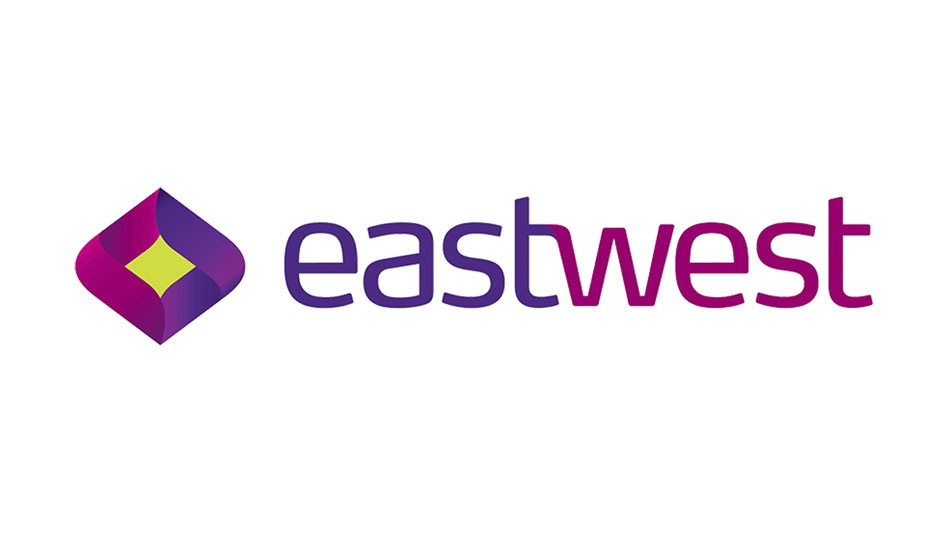Copyright caymancompass

By Compass Contributor Eustache Placide Cayman’s education system stands at a crossroads as it determines how to prepare teachers and students for artificial intelligence in time for regional deadlines, while at the same time keeping standards, accountability and trust at the centre. The Caribbean Examinations Council (CXC)’s decision to admit the use of AI in 2026 is now just weeks away. Cayman’s task is straightforward: It must give teachers clear, workable guidance before the new rules take effect, while national policy is still being finalised. From planning to practice The immediate issue is not philosophical but practical: What can schools do in the next term while the national framework is being clarified? Cayman can balance policy discipline with classroom readiness through a dual-track approach that aligns strategy with daily teaching realities. Track A involves governance and strategy. This track continues the formal policy process of securing budgets, confirming monitoring standards and finalising national direction. Forthcoming decisions from education authorities will define the long-term framework and timeline. That process must continue deliberately, but without delaying schools’ ability to act. Track B includes readiness and confidence building. At the same time, schools can run a short, structured ‘AI Readiness’ phase from December 2025 to February 2026. The aim is to build teacher confidence and basic literacy in AI before the 2026 CXC assessments begin. This approach allows teachers to learn, test ideas and identify risks without overstepping policy boundaries. A practical readiness plan The first phase is orientation, which can occur in November and December of this year. During this phase, teachers take brief, hands-on sessions covering AI basics, what CXC permits and the essentials of privacy and ethics. Delivered on professional development days or other agreed dates by University College of the Cayman Islands’ facilitators, the workshops send staff back to class with a one-page guide and a simple toolkit they can use immediately. The next phase involved applied practice and can take place over the first two months of 2026. A small, selected group of teachers can take part in a trial using low-risk AI that, among other things, can generate lesson prompts, adjust rubrics or draft feedback. The participants log what works, what doesn’t and what support is needed. These reflections create Cayman’s first local evidence base for AI in classrooms. The third phase can take place in March 2026 and produces reflection and integration. Schools compile short reports and teacher insights. Summaries can then be shared with the relevant authorities and personal development leads to inform the 2026–27 national training and implementation plan. Governance with agility Schools can run orientation and pilot sessions while the formal policy is finalised. These can sit inside existing personal development slots and draw on the current Information and Communication Technology capacity. Brief record can be kept of each activity to produce quarterly summaries, so the work stays transparent and in step with policy development. This approach meets the needs of policy leaders, allowing them to retain coordination, standards and oversight, and the needs of the teachers, who get timely training and build confidence before students begin using AI. The role of UCCI and local expertise UCCI can lead research by following how teachers adapt and issuing short, plain-English readiness updates. “Digital transformation isn’t a budget drain; when strategically planned, it’s an investment in long-term efficiency, innovation and competitiveness,” said UCCI’s Vice President of Business and Operations Nanalie Cover. Its leadership’s view is clear: Digital transformation is an investment in efficiency and competitiveness, not a budget drain when appropriately planned. By collecting local classroom evidence and what teachers try, refine and keep, UCCI can help build a model shaped by Cayman’s own experience rather than one lifted from elsewhere. Readiness should be realistic, practical and aligned with policy. Training must fit the school week, including short professional development sessions, simple classroom toolkits and clear privacy, disclosure and ethical expectations. With coordination at the top and readiness at the front line, the country can approach 2026 prepared, not pressured and equipped to guide students in using AI ethically, creatively and confidently. If intelligence is the engine and trust is the foundation, then readiness is the bridge that will carry education safely into the age of AI. Eustache Placide is a computer science and artificial intelligence professor at the University College of the Cayman Islands. The views and ideas expressed in this article are solely those of the author and do not necessarily represent the positions or policies of UCCI.



